The Seychelles (May 2014)
These pictures were taken during an astronomy conference trip to Mahe Island in the Seychelles. These islands are especially beautiful because they are made of granite; they are not volcanic. They broke loose from India about 66 million years ago as a late-stage part of the breakup of the supercontinent Gondwana, itself formerly a part of Pangaea. As a result, much of the islands and especially the most dramatic beaches are dominated by giant granite boulders.
The pictures are copyrighted and should not be used without permission.
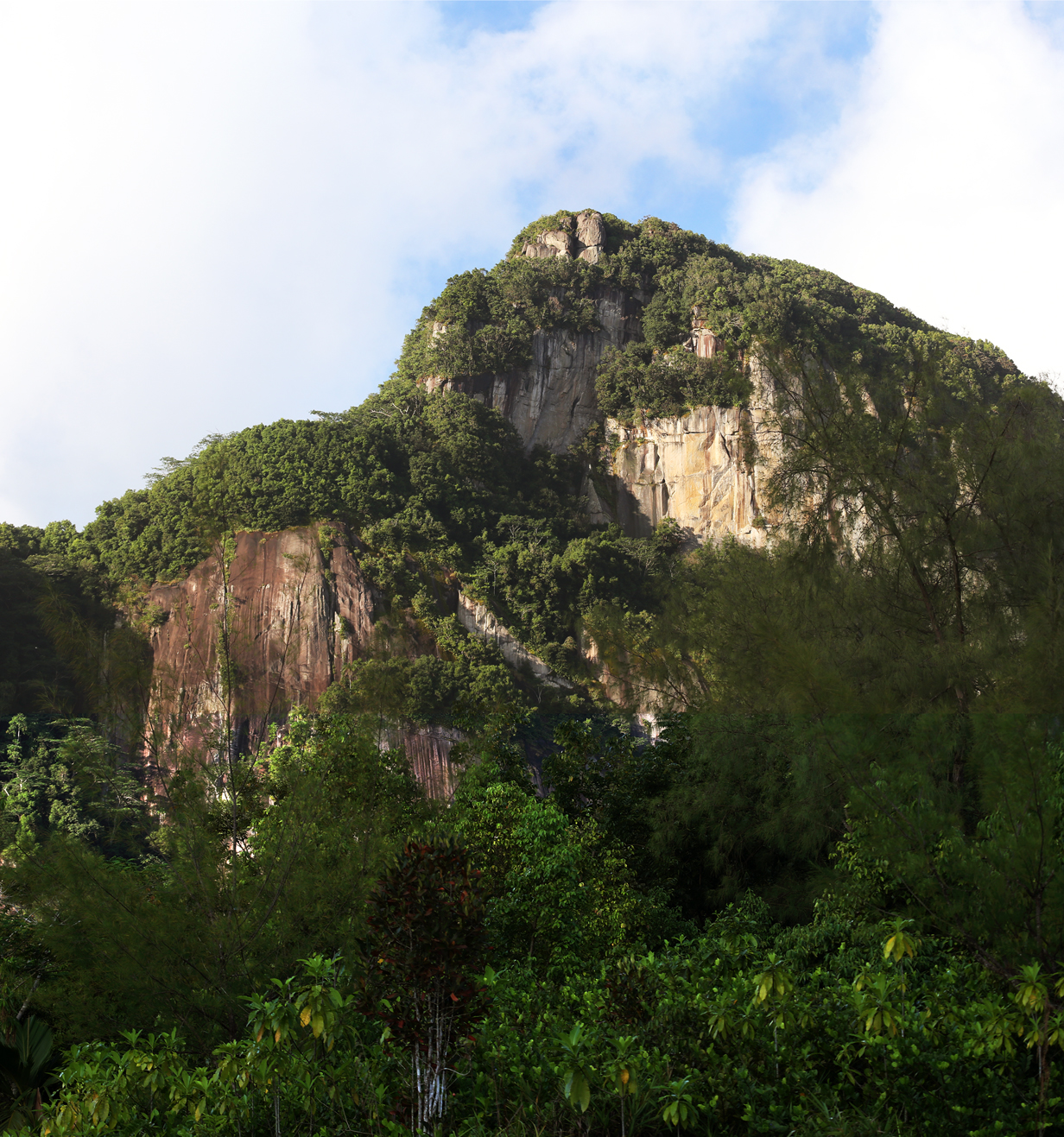
Granite cliffs from the Ephelia Resort where we stayed
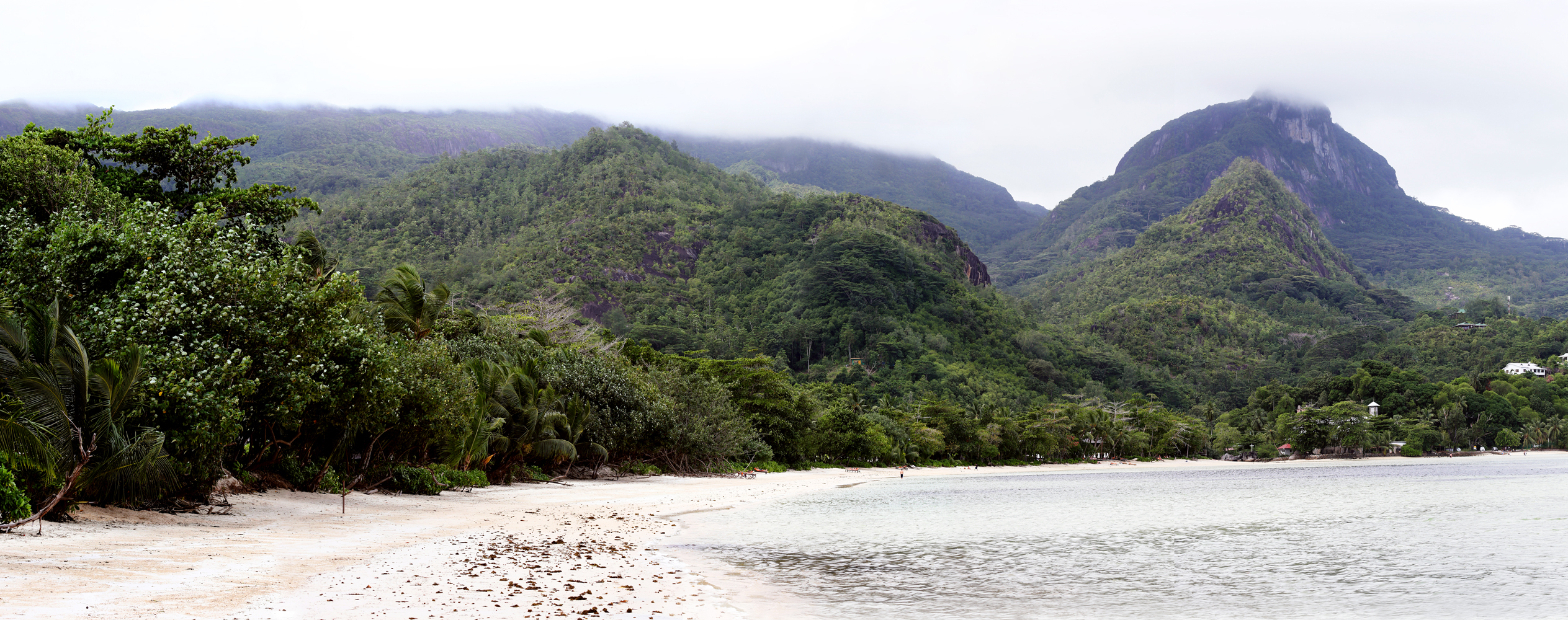
Panorama of Ephelia Resort south beach at low tide and the highlands of the Morne Seychellois National Park. We got many of our 8 life birds of this trip in these mountains.
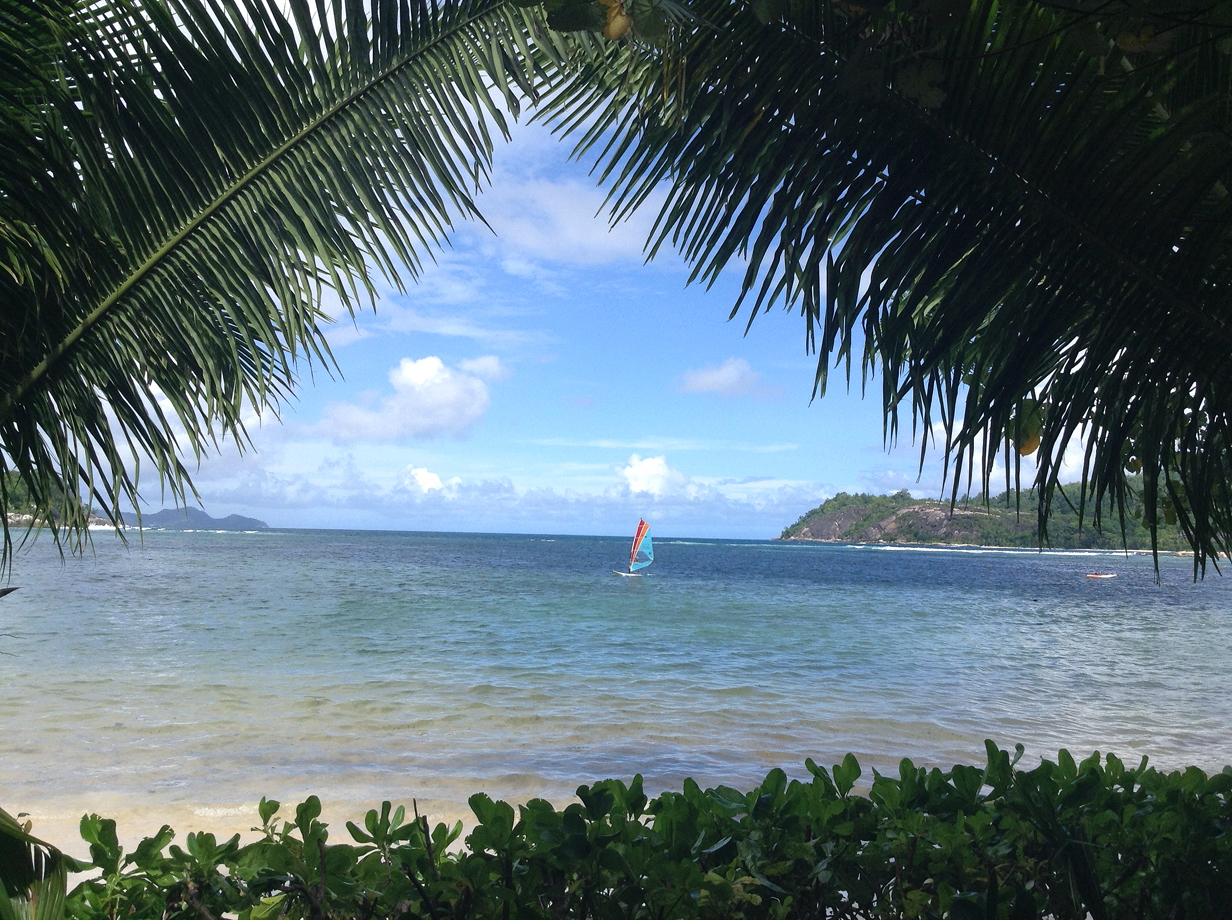
Ephelia south beach and Indian Ocean

Islet Island off south beach -- scroll to the right to see the complete image. It is easy to walk to the island at low tide.
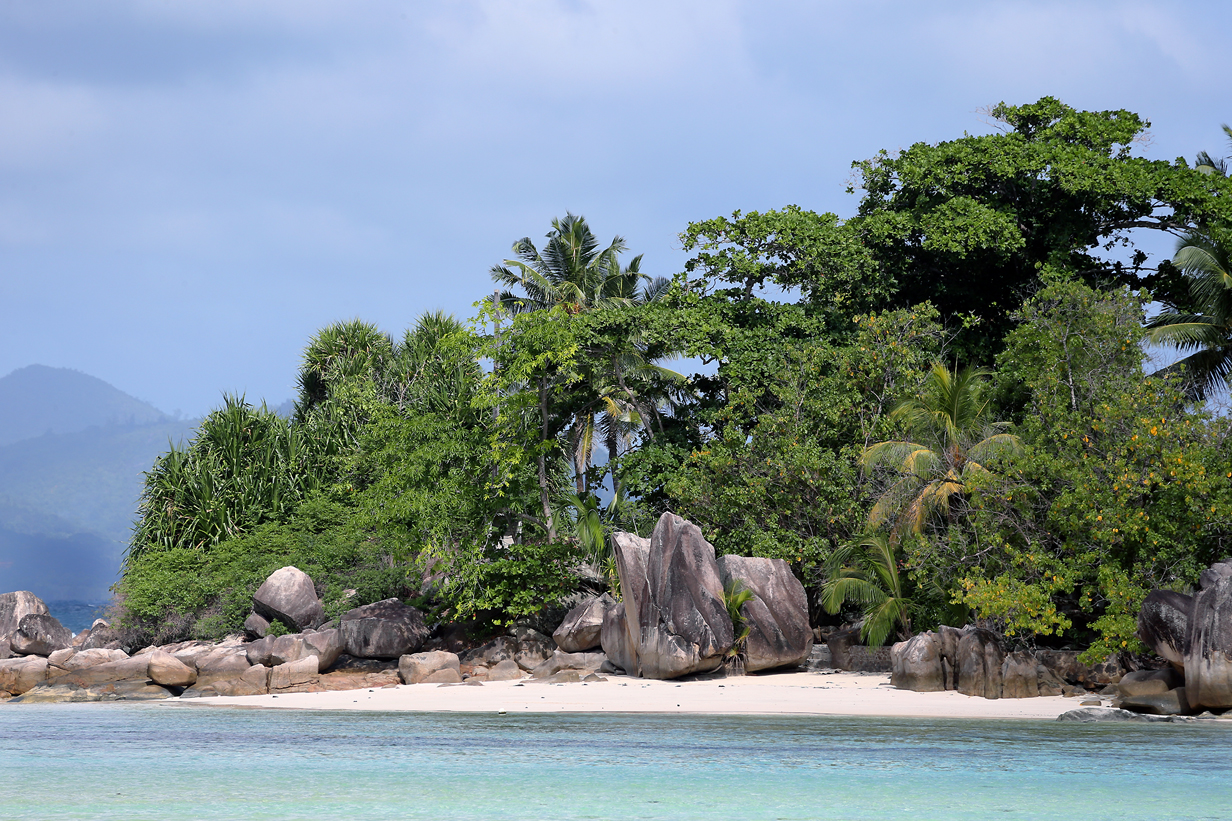
Telephoto closeup of Islet Island
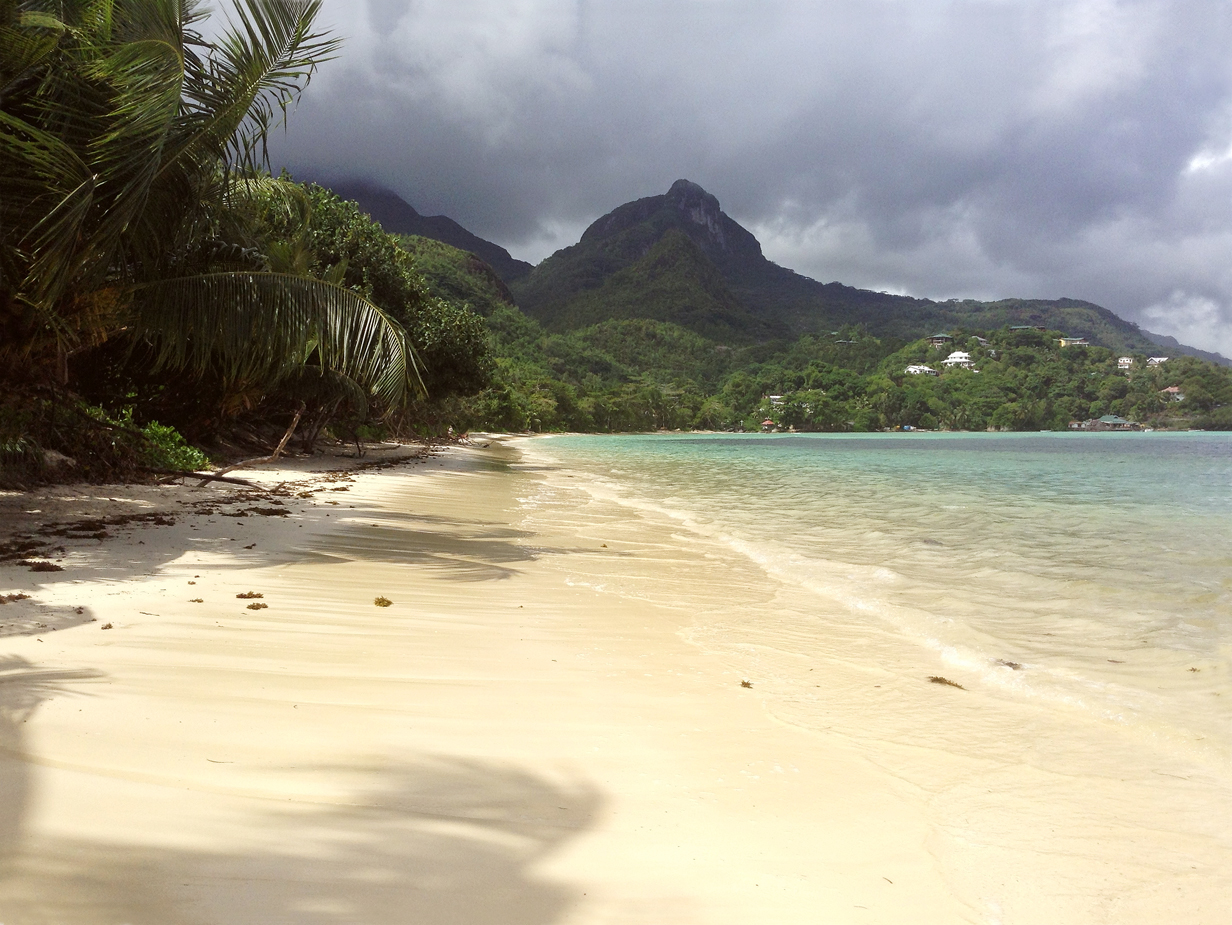
South beach mid-way between high and low tide
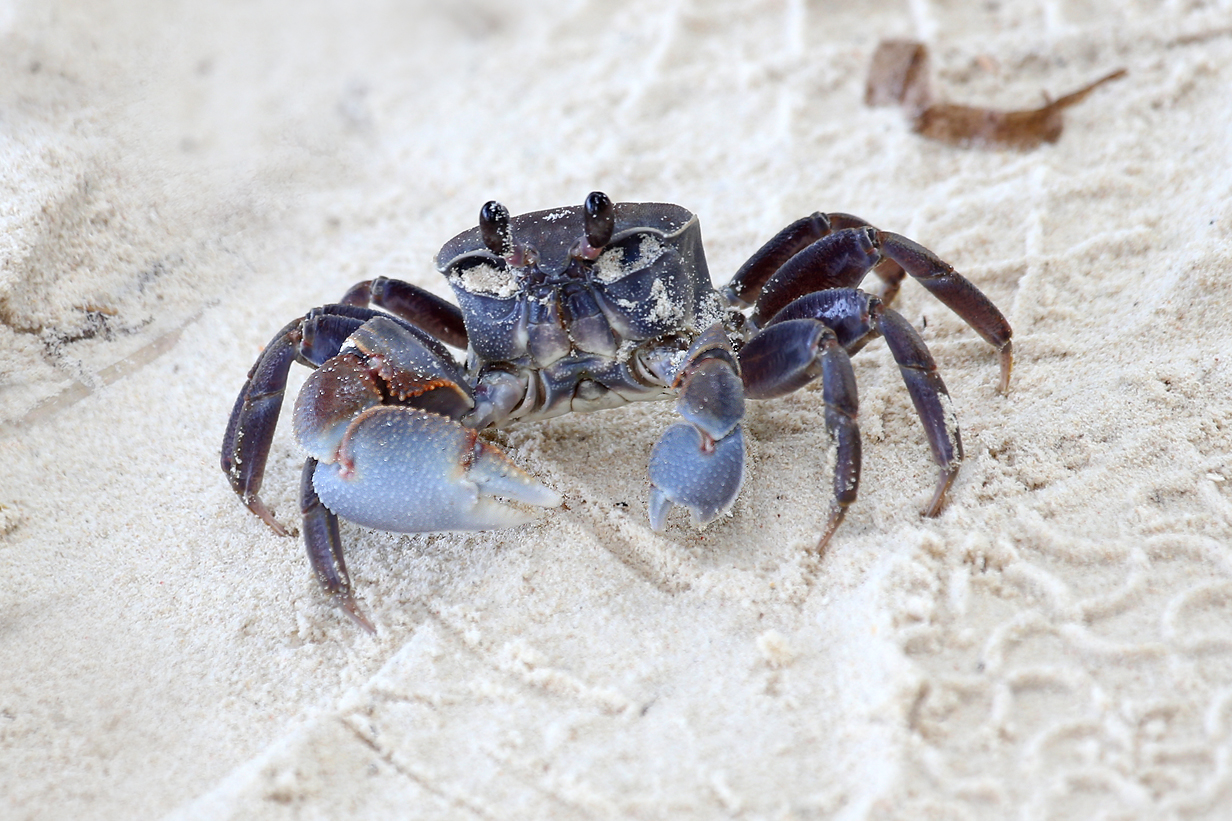
Round-eyed ghost crab on the beach
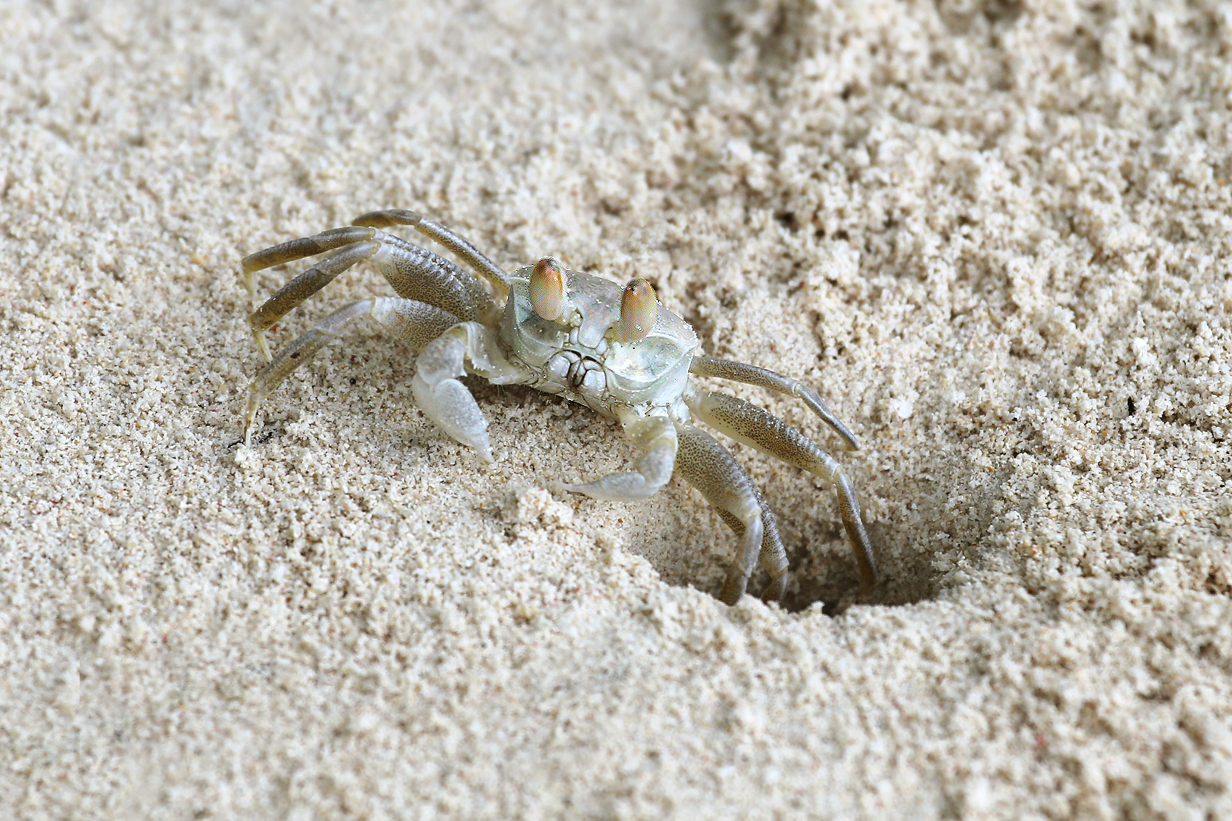
White-pink ghost crab and its lair
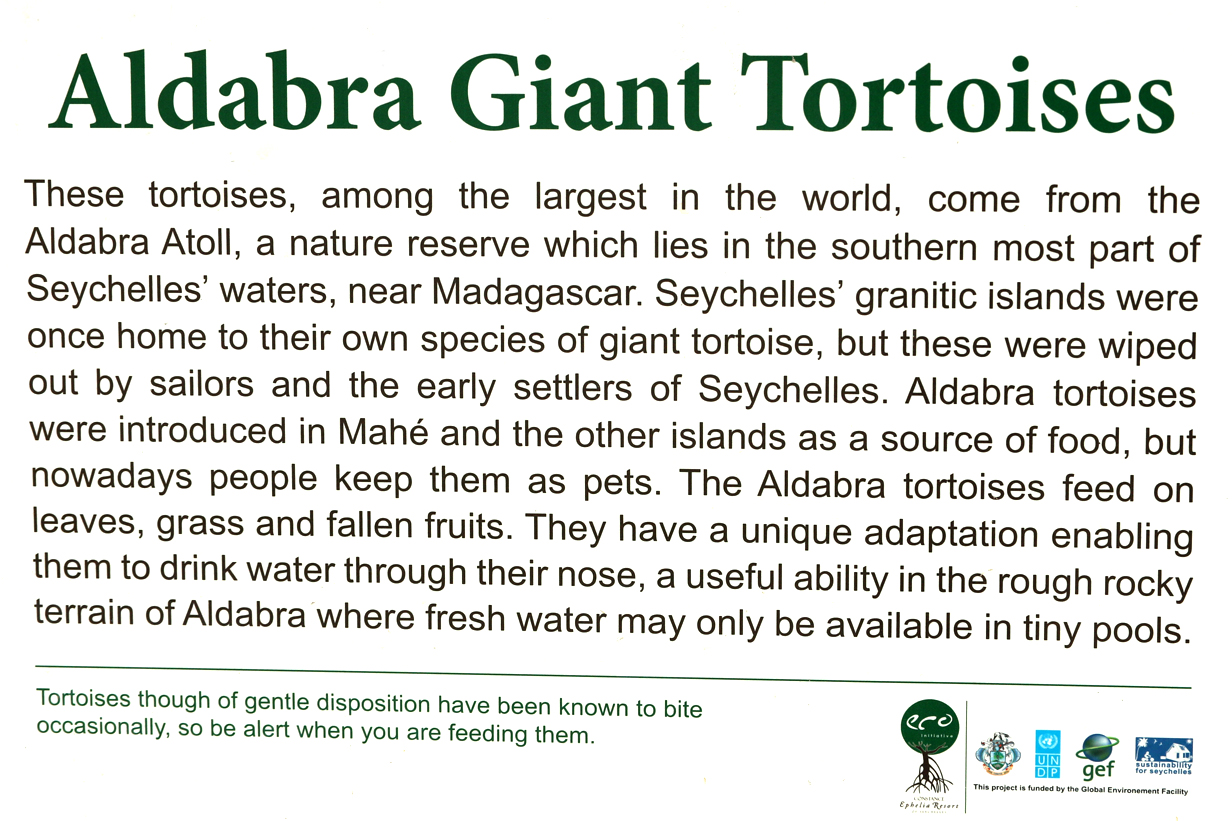
The next pictures show Aldabra tortoises. This is their story.
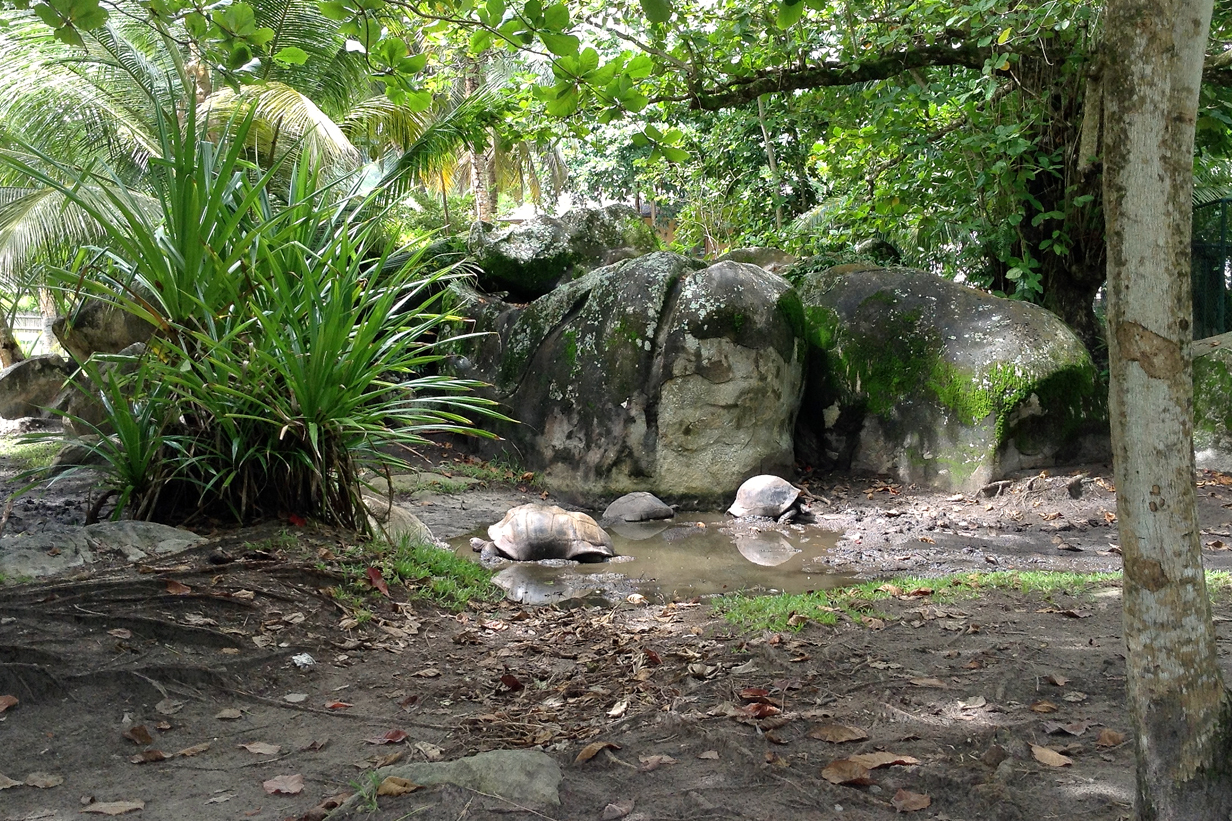
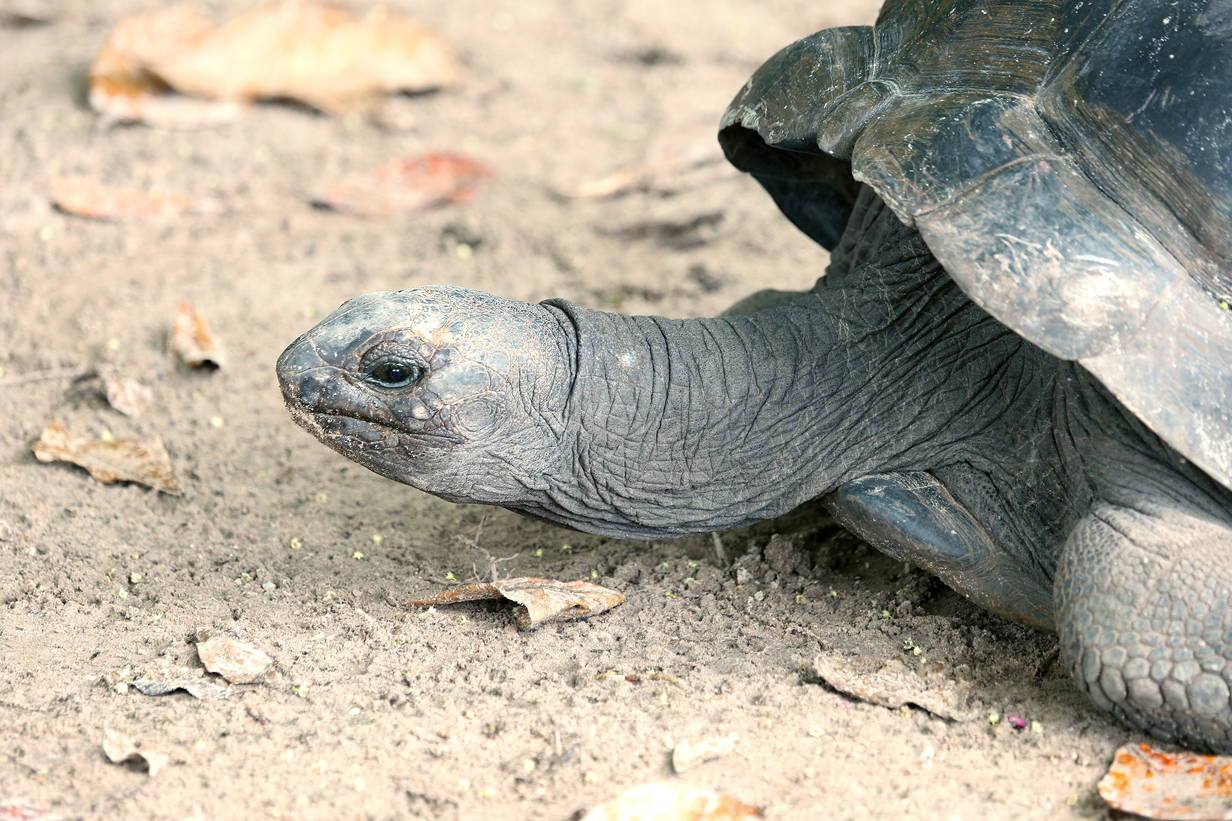
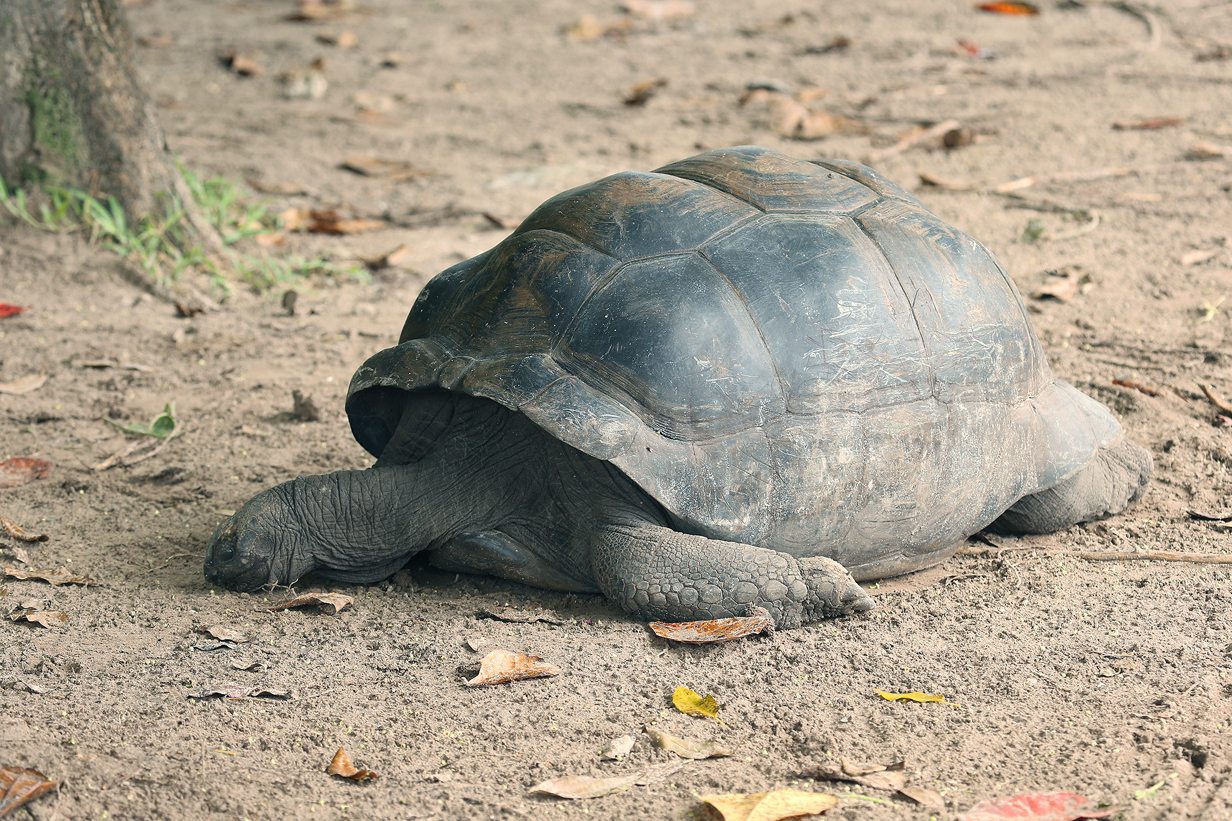
Aldabra tortoise (We know how he feels.)
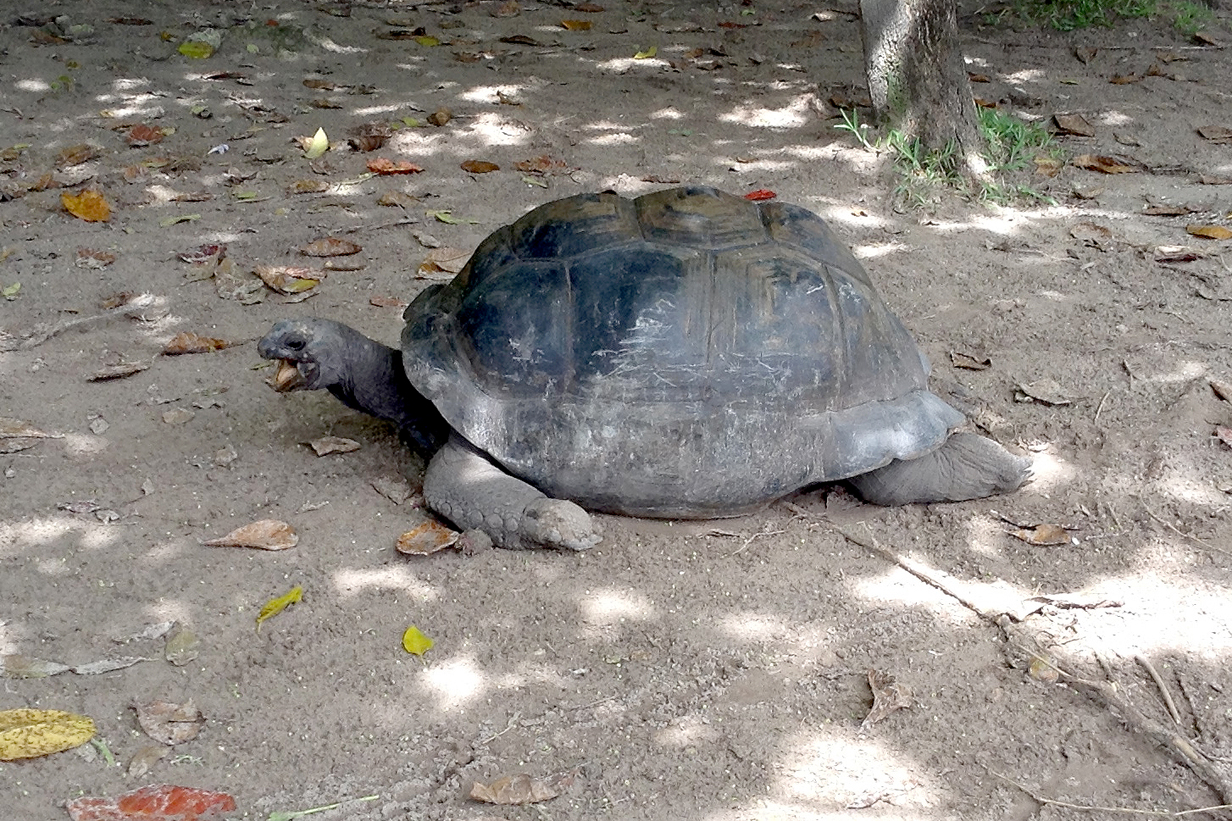
Even a good yawn takes thirty seconds...

Flowers along mountain road (first birding day)
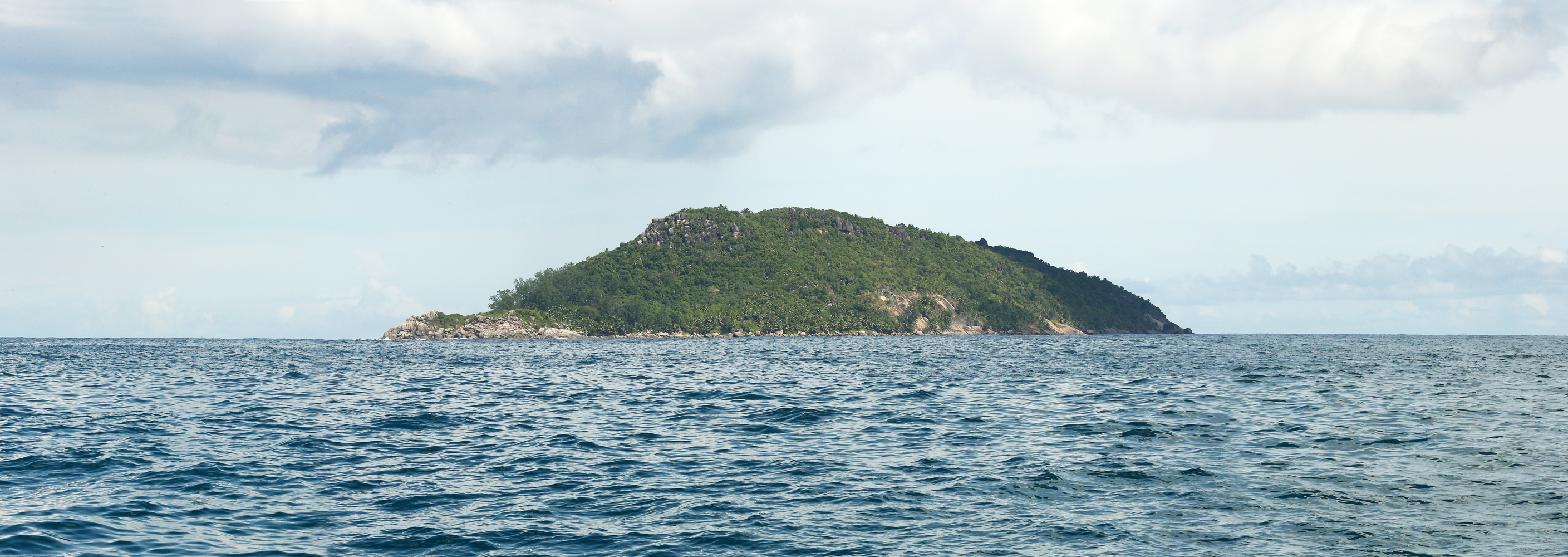
Conception Island, about 2 km off Mahe island, contains the world's most robust population of the critically endangered Seychelles white-eye (Zosterops modestus). A 1999 census found 244 - 336 birds there (see Birds of the Seychelles by Skerrett and Bullock for reference). John saw white-eyes there at least twice from a boat offshore. Scroll right to see the whole island.
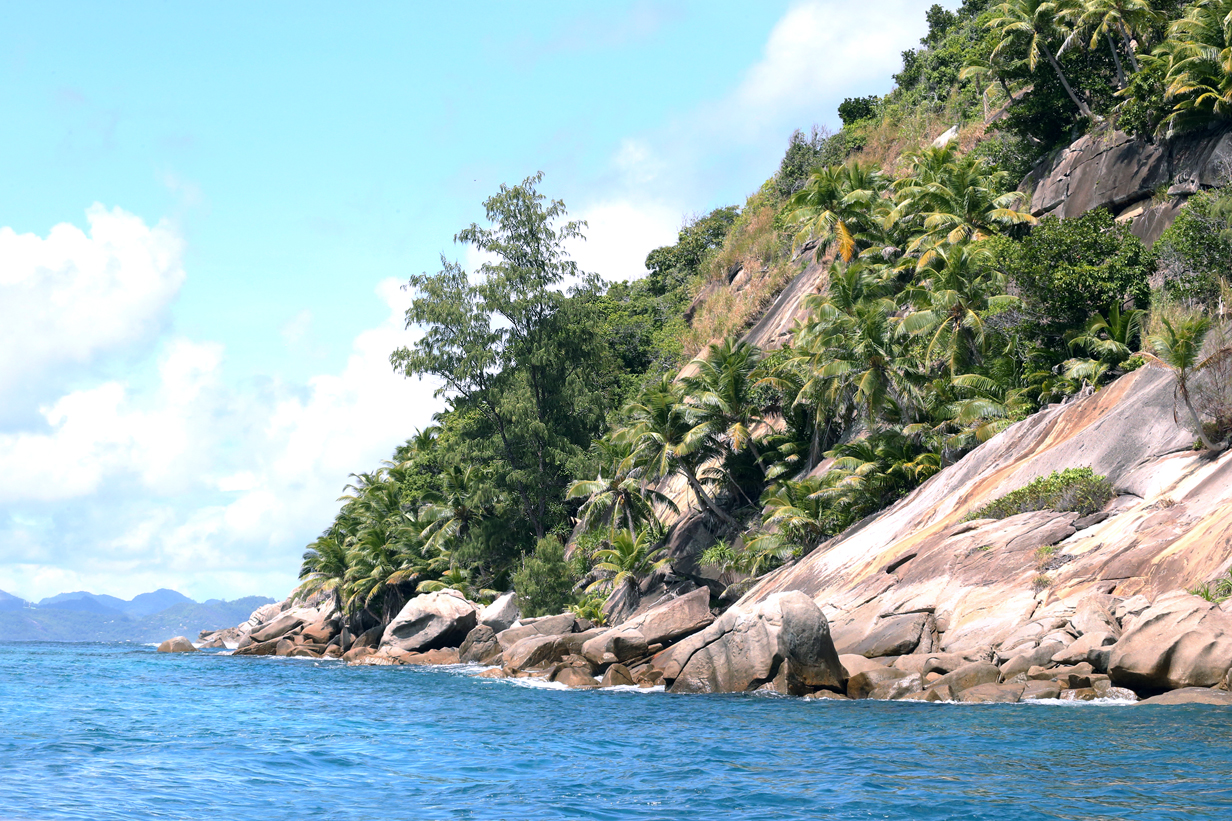
Conception Island
Our bird pictures from around the world follow standard ecozones approximately but not exactly:
Nearctic birds from the USA and Canada: our house, Texas, California, Hawaii, Canada,
Neotropic birds from Central America and the Caribbean: Honduras, Costa Rica, Panama, Trinidad and Tobago
Neotropic birds from South America: Ecuador, Brazil.
Western palearctic birds: Europe: Germany, Finland, Norway, Spain, the Canary Islands, Lesbos, Greece. Israel
Eastern palearctic birds: China
Afrotropic birds from Africa and vicinity: The Gambia, South Africa, The Seychelles
Indo-Malayan birds from India
Australasian birds from Australia, New Zealand.
University of Texas Astronomy Home Page
Last update: May 29, 2014. Total visits since Wedesday, May 29, 2014 =
John Kormendy (kormendy@astro.as.utexas.edu)